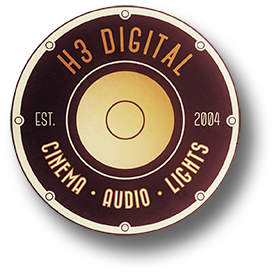81 percent of consumers are aware of smart homes and 26 percent of people want one at the moment says the latest report by consultancy/accounting firm PricewaterhouseCoopers.
They interviewed more than 1,000 consumers - nowadays it seems that almost every tech company is making it's own smart-home or IOT product and PWC wanted a grasp of the market.
Consumers with a household income of $100,000 or more are the group most likely to interact with smart home devices (43 percent), followed by men (32 percent).
Conversely, consumers above the age of 50 are the least likely to interact with such devices (13 percent).
PwC said that among users, satisfaction is high, in the 90th percentile. Those current users of smart devices are pleased not only with the device itself, but also with the supporting apps.
There is a strong correlation between smart home device use and connectivity with an app. Seventy-four percent of respondents said they use their home device more frequently because it connects to their mobile device.
But 10 percent of consumers said they are unhappy with their smart devices. They said they found them to not be as helpful as anticipated or to have a spotty connection. Or they said they often forget about the device.
Consumers are willing to pay for smart devices that deliver cost savings, safety, security, and convenience.
Seventy-five percent of consumers are willing to pay more for enhanced security, such as being able to grant or deny access to your home remotely.
Consumers also said they want access to discounts and rewards programs (such as insurance discounts), with 72 percent of consumers willing to pay extra.
For women, convenience is a key feature. They view smart devices as another set of hands, and 60 percent would pay extra for personalized customer service.
As for non-users, price is the biggest barrier to entry. Forty-two percent of non-user survey respondents cited the cost of the devices as their biggest hesitation. In fact, 23 percent said they wouldn’t consider a smart home device, even down the road, because of cost.
About 24 percent were concerned about the security of smart home technology, and 23 percent were concerned about privacy of their data.
Sixty-five percent said they were excited about the future of smart technology. But PwC said there is a significant difference between consumers adopting a single device (e.g. a smart thermostat) and those signing up for an entirely connected life.
“We are at a tipping point for the connected home and IoT when it comes to consumers,” PwC said. “They are only just beginning to understand the potential value smart home devices can provide in their everyday lives.”
http://venturebeat.com/2017/01/31/81-of-consumers-are-aware-of-smart-homes-but-only-26-want-one/



